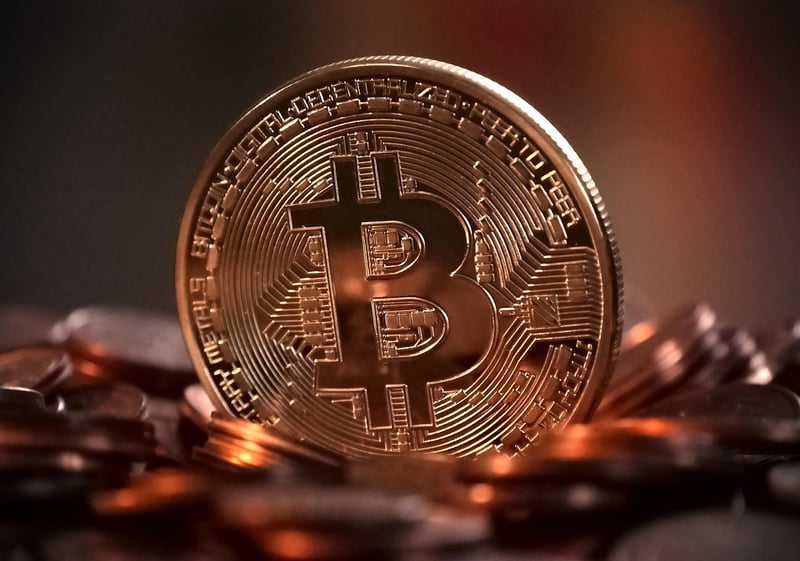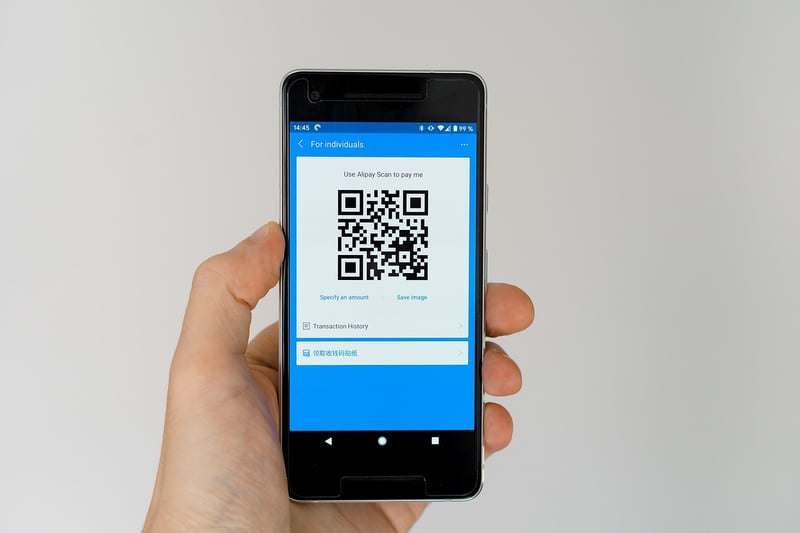Secure Transactions
Protecting Your Crypto Assets: A Guide to Safe Transactions

Introduction
With the rise of cryptocurrency, ensuring the safety of your digital assets has become more important than ever. Whether you are a seasoned investor or new to the world of crypto, it is crucial to take steps to protect your holdings and secure your transactions.
1. Use Secure Wallets
Choose a reputable cryptocurrency wallet that offers robust security features. Hardware wallets are considered the most secure option as they store your private keys offline, making them less vulnerable to hacking attempts.
2. Enable Two-Factor Authentication
Adding an extra layer of security to your accounts through two-factor authentication (2FA) can help prevent unauthorized access. Use authenticator apps or hardware tokens for enhanced protection.
3. Beware of Phishing Scams
Be cautious of unsolicited emails, messages, or websites asking for your personal information or private keys. Verify the authenticity of sources before sharing any sensitive data.
4. Keep Software Updated
Regularly update your cryptocurrency wallets, exchanges, and other related software to patch any vulnerabilities that could be exploited by hackers.
5. Verify Transaction Details
Before confirming any crypto transactions, double-check the recipient's address and the amount you are sending. Once a transaction is processed, it is irreversible, so accuracy is crucial.
6. Use Secure Networks
Avoid making crypto transactions over public Wi-Fi networks or unsecured connections. Use VPNs for added security when accessing your accounts remotely.
Conclusion
By following these simple yet effective tips, you can significantly reduce the risk of falling victim to cyber threats and ensure the safety of your crypto assets. Stay informed, stay vigilant, and take proactive measures to safeguard your investments in the world of cryptocurrency.

For more information on cryptocurrency security, visit Coinbase Security.
